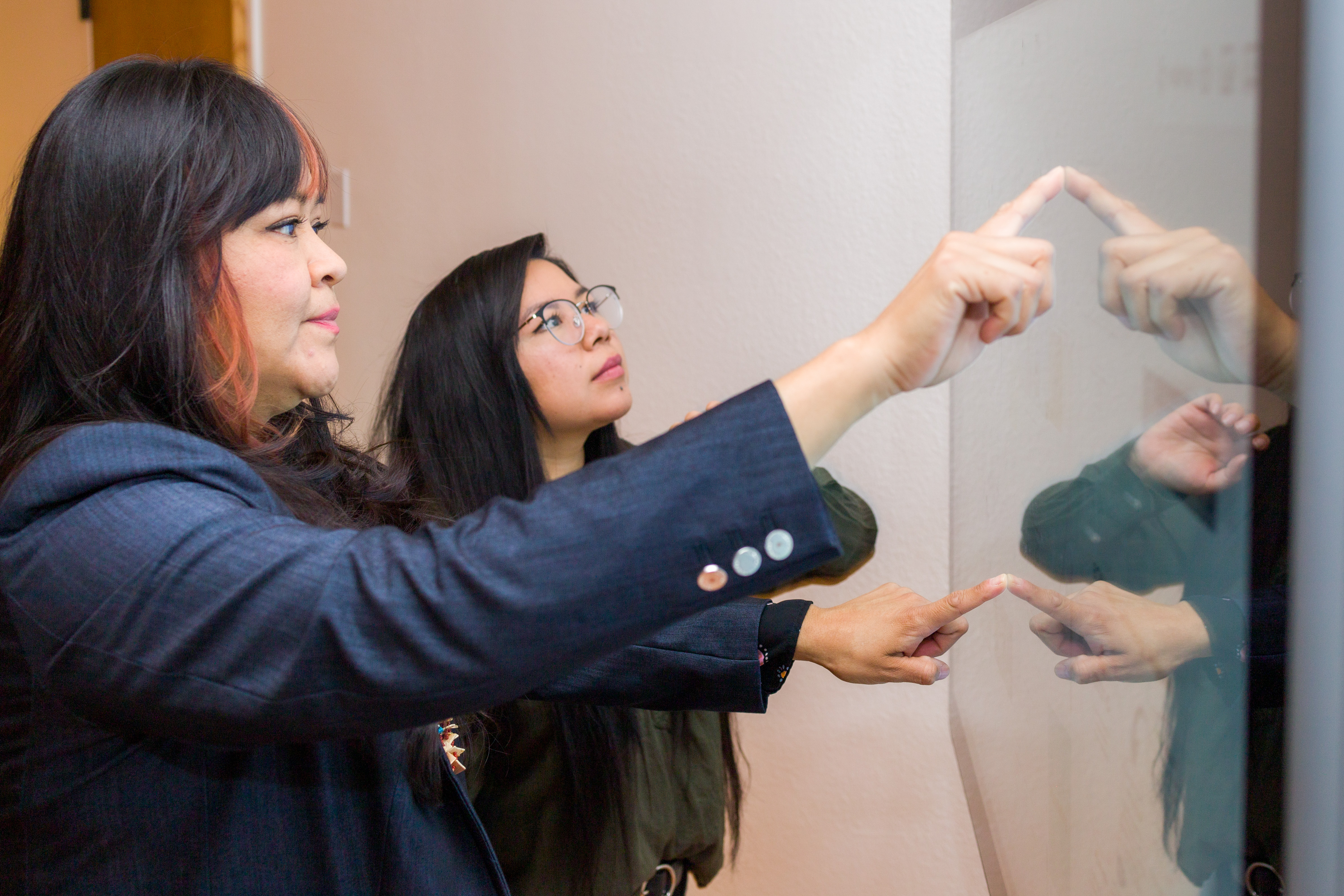
Pueblos and reservations,
AUGUST 2022
Creating community-determined rural policies:
How Native women transform challenges into impactful social entrepreneurship
Conversations about rural inclusion and revitalization have become cluttered with novel ideas aimed at uplifting communities of color. While experiments in equity are plentiful, few have tangibly altered the stoic realities of their intended beneficiaries. At the core of this limited success is a willful reluctance to truly understand the context that regulates life and uneven opportunities across space and cultures. Rural minority communities unenviably reside at the intersection of good intentions and understudied identities, forced into an amalgamated monolith. Before equity and inclusion palliatives can enhance rural minority well-being, policymakers must define the meaning of two loaded terms: diversity and inclusion.
Recognizing how Indigenous groups are marginalized in mainstream socio-political and economic discourse marks the first step in this direction. This premise particularly holds for Indigenous women; their identities are repeatedly shaped by vague ideas about agency and organizational power, leading to cycles of minimization and erasure. The experiences of Native women, who are cultural guardians and economic anchors in rural communities, have been reduced to ritualistic relics or devalued. Outsiders unable to relate to Native American value systems see these women’s work as lacking substance and form. Dismissing their formidable contributions to economic development and community preservation has created missed opportunities to strategically close wealth gaps and to improve the health outcomes of economically vulnerable women. Enabling community wealth and health preserves primary sources of Native American cultural prosperity.
Throughout this case study, we highlight the innovative work of enterprising Native women who have leveraged their heritage to inspire paradigm shifts in maternal health, social entrepreneurship and financial inclusion. Together, these strategies have enhanced their rural communities’ economic security and well-being. Rurality and sovereign living people occupying reservation spaces typically conjure images of desolation and scarcity. However, the Indigenous women-led organizations featured in this case study dismantle defict frames by emphasizing the political resourcefulness and creative abilities of these rural minority communities. We argue that promoting Native women–led entrepreneurship is a core component of the rural policy toolbox. Non-Native stakeholders must see themselves as a pillar of rural America’s revitalization and invest equitably in Native women–led enterprises.
Pueblos and reservations, New Mexico stats
195,1661
Total New Mexico Native American population
32%2
Native American poverty rate
$36,2953
Native American median household income
5964
Native-owned employer businesses
2,3005
Native-owned nonemployer businesses
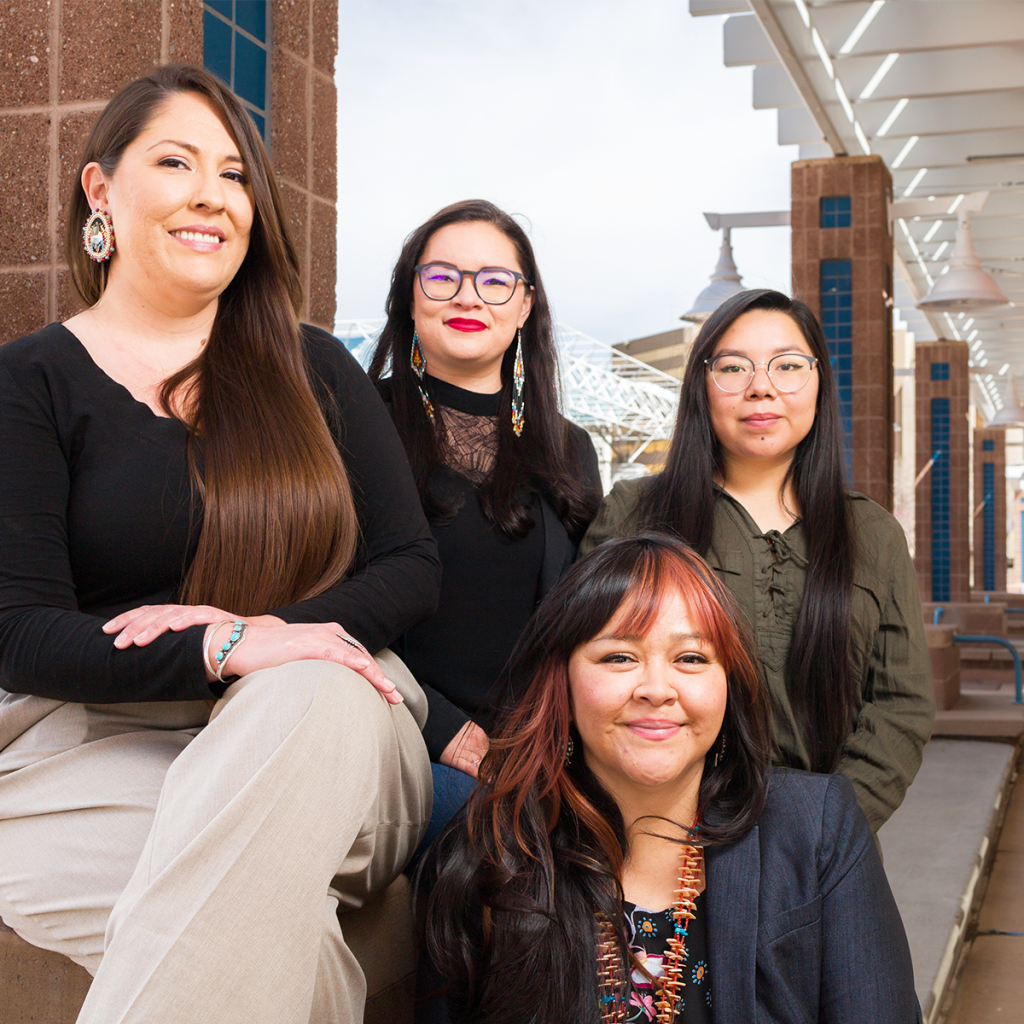
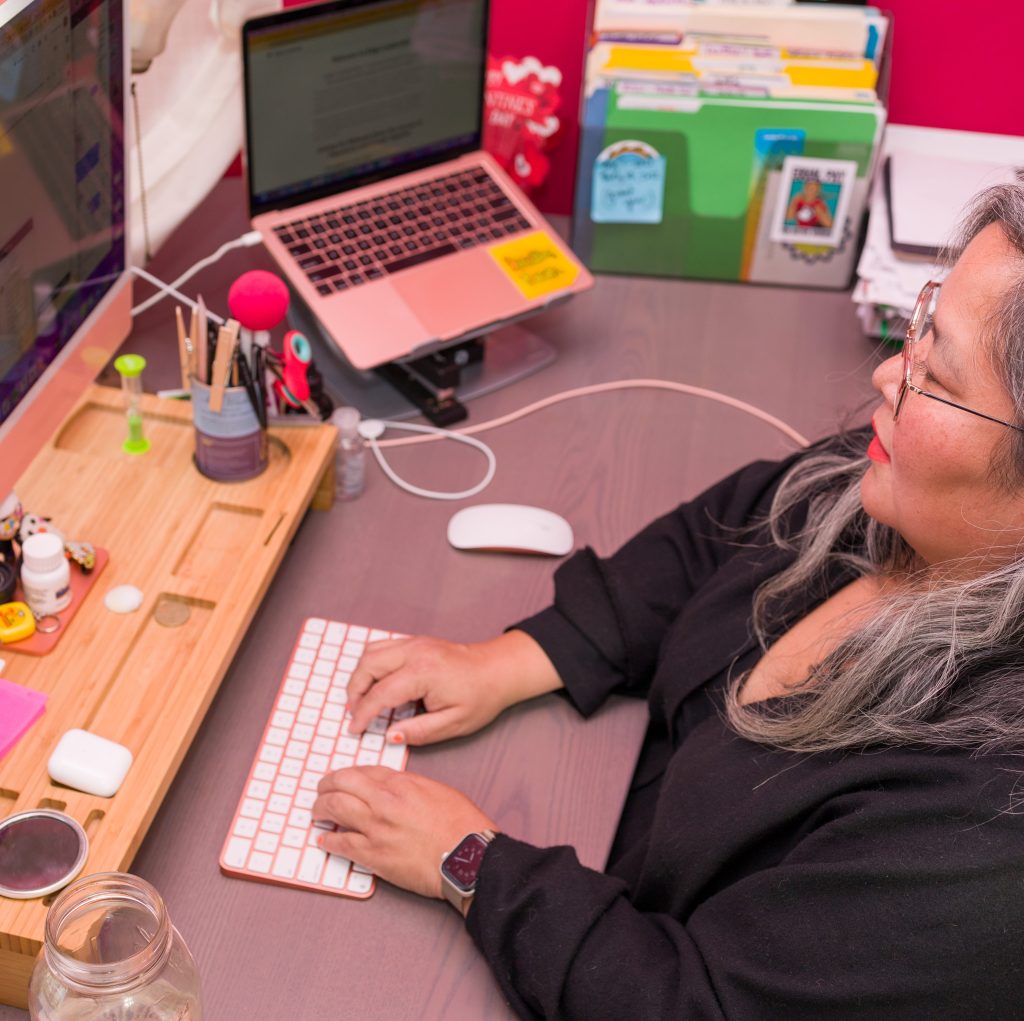
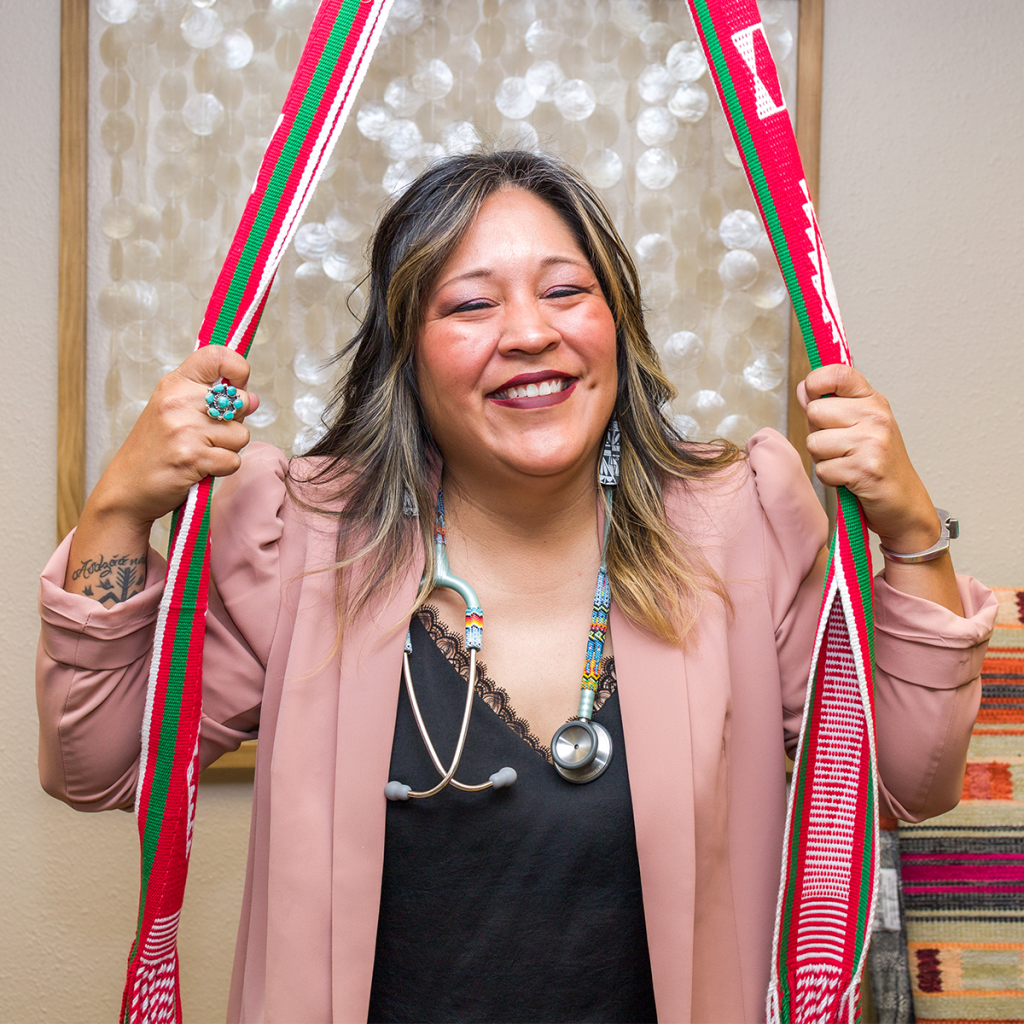
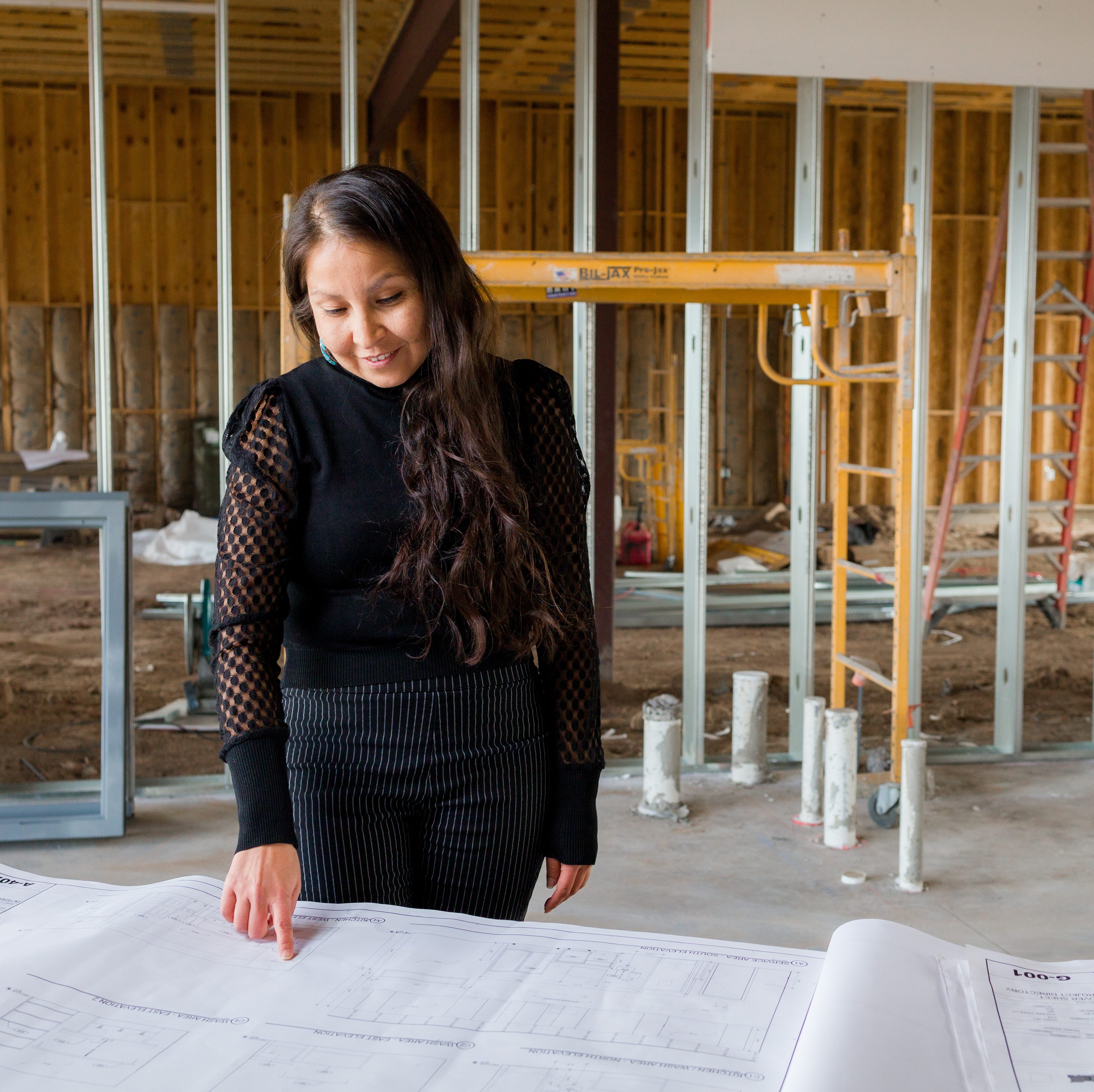
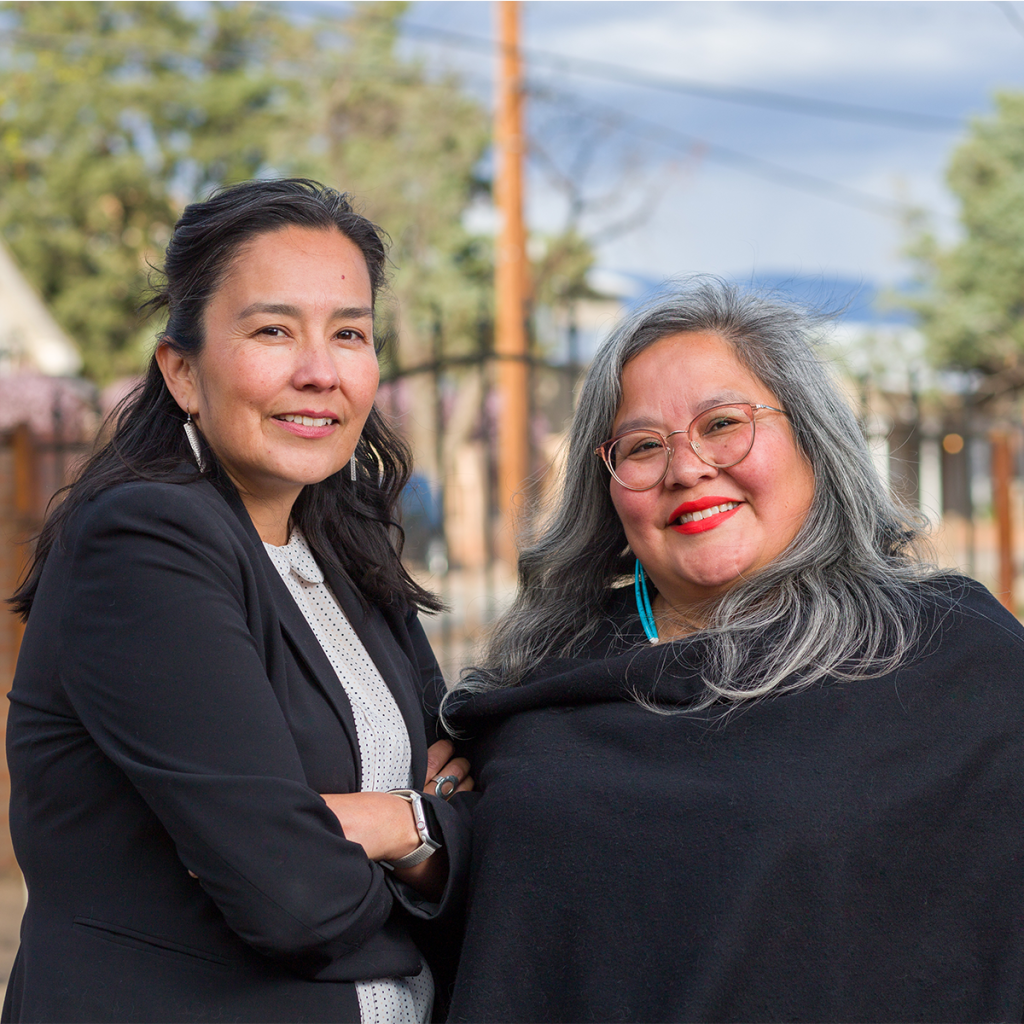
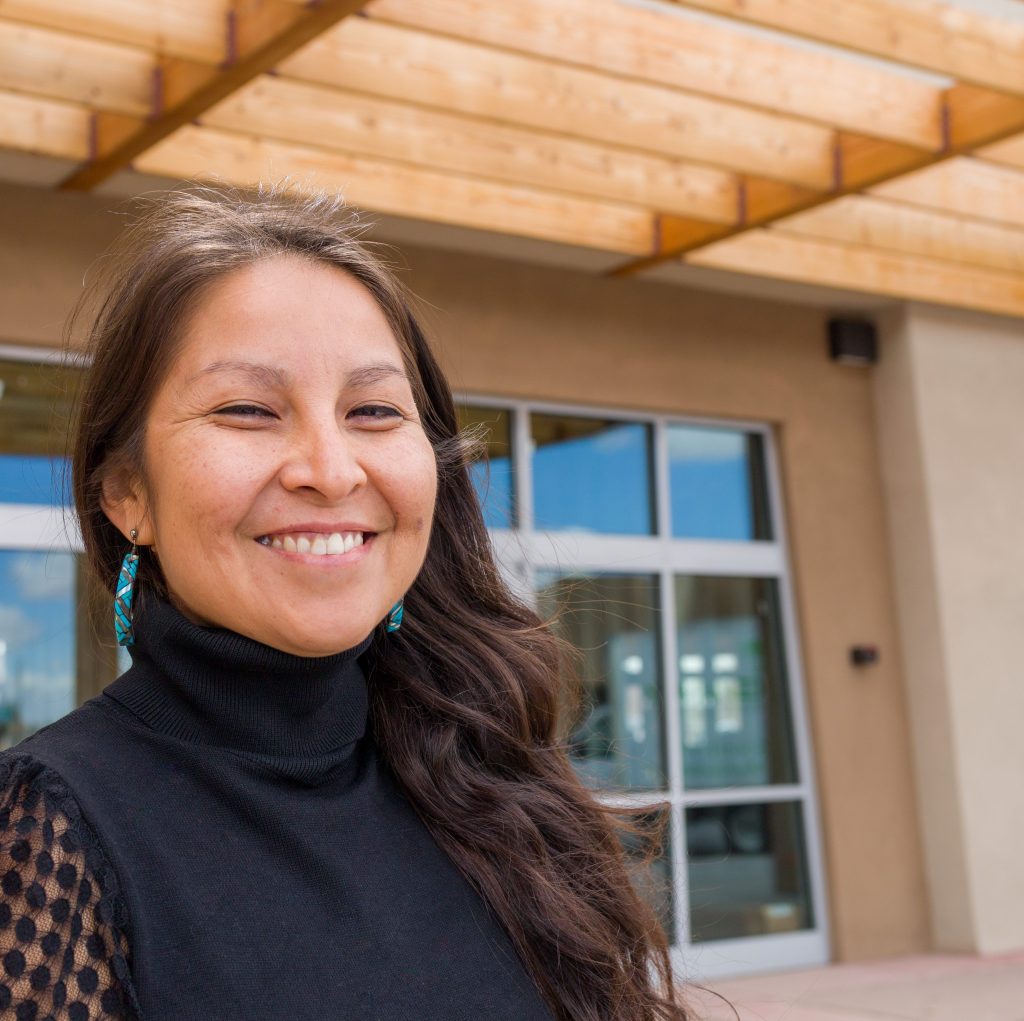
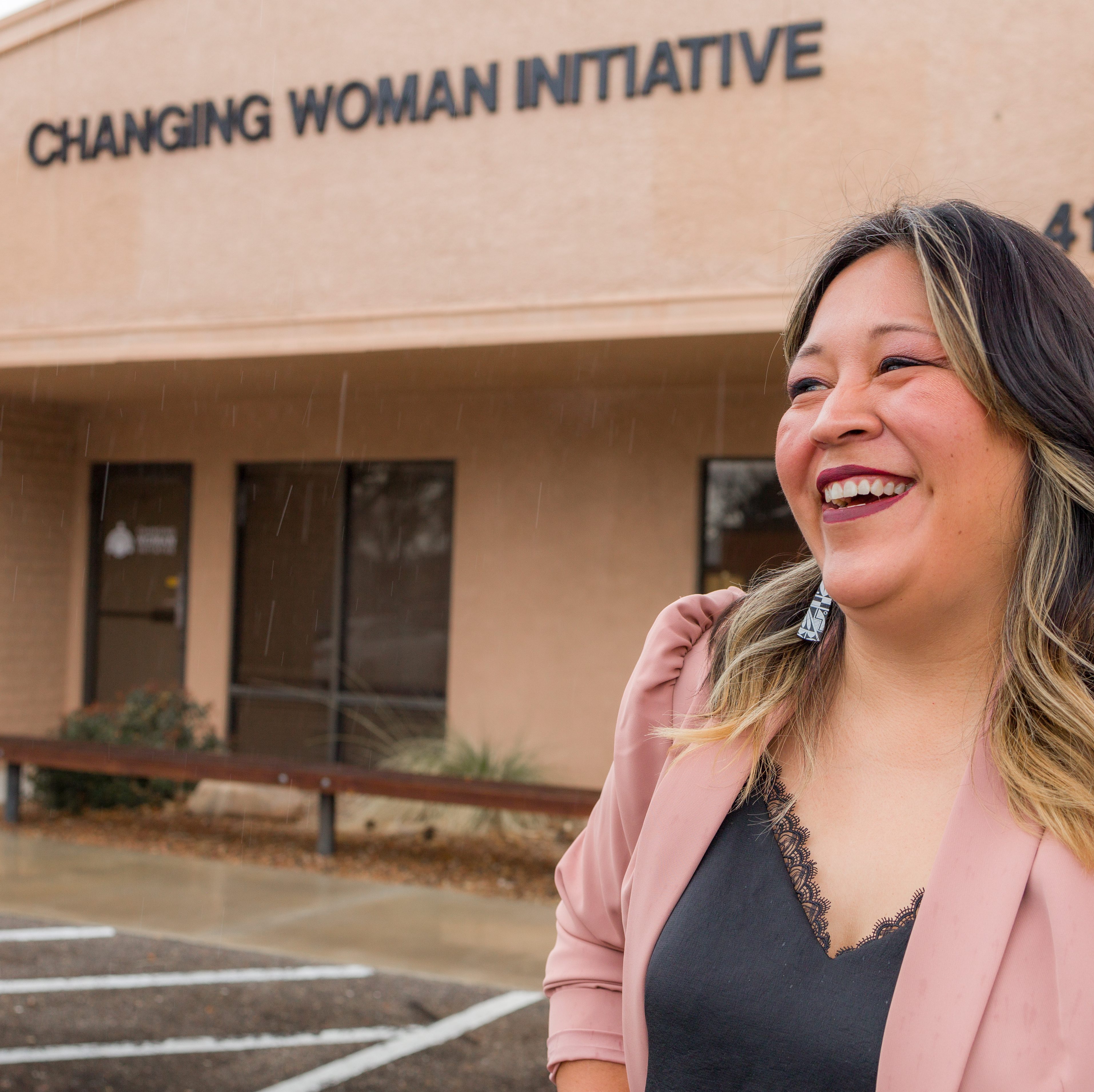
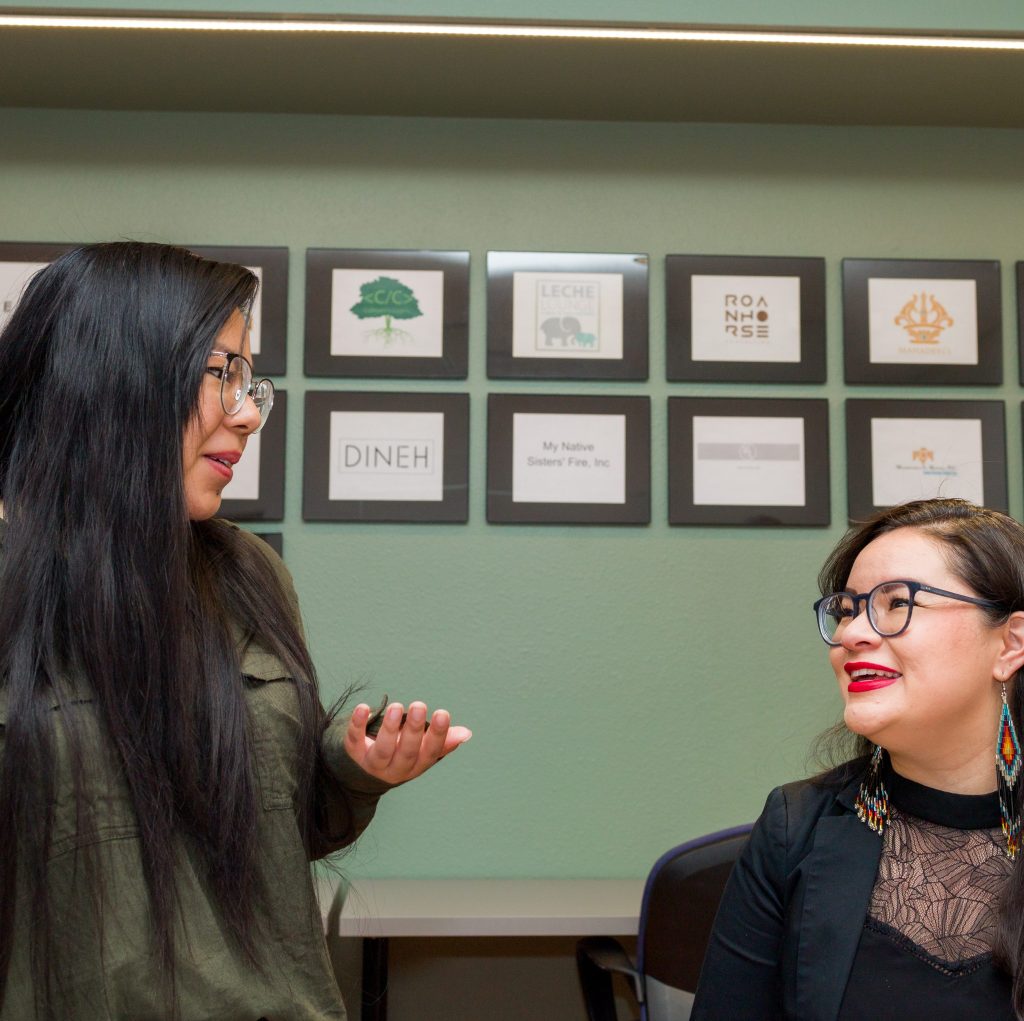
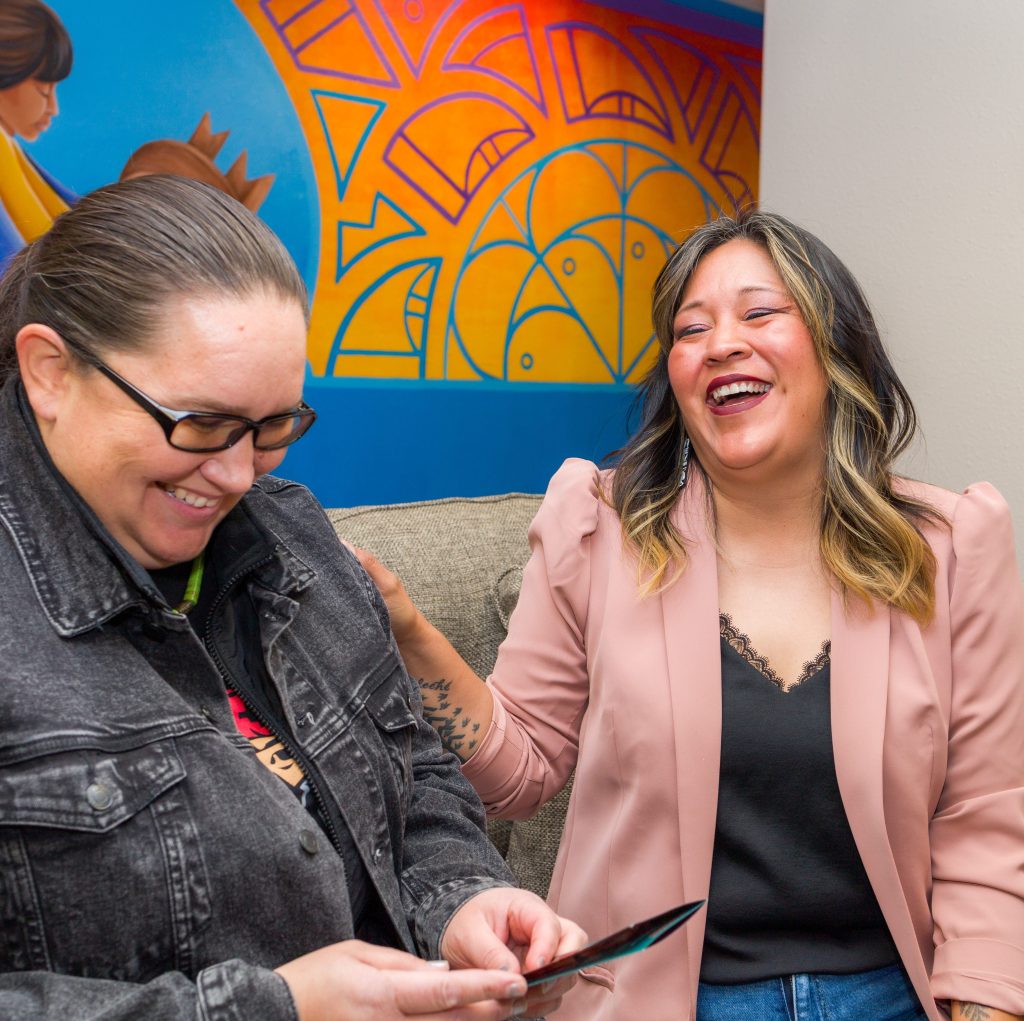
Footnotes
- U.S. Census Bureau; American Community Survey 5-Year Estimates 2016-2020, Table B02001. Population by Race.
- U.S. Census Bureau; American Community Survey 5-Year Estimates 2016-2020, Table B17001C. Poverty Status in the Past 12 Months by Sex by Age (American Indian and Alaska Native Alone).
- U.S. Census Bureau; American Community Survey 5-Year Estimates 2016-2020, Table B19013C. Median Household Income in the Past 12 Months (2020 Inflation-Adjusted Dollars) (American Indian and Alaska Native Alone Householder).
- U.S. Census Bureau; Annual Business Survey: Statistics for Employer Firms by Industry, Sex, Ethnicity, Race, and Veteran Status for the U.S., States, and Metro Areas: 2019, Table AB1900CSA01. https://data.census.gov/cedsci/table?g=0400000US35&y=2019&d=ECNSVY%20Annual%20Business%20Survey%20 Annual%20Business%20Survey&tid=ABSCS2019.AB1900CSA01&nkd=ETH_GROUP~001,RACE_ GROUP~50,SEX~001,VET_GROUP~001.
- U.S. Census Bureau; Nonemployer Statistics by Demographics, Annual Business Survey Program, Statistics for Nonemployer Firms by Industry, Sex, Ethnicity, Race, and Veteran Status for the U.S., States, and Metro Areas: 2018.
Acknowledgements
We wish to thank Google.org and Walmart Foundation for their generous support. The findings, interpretations, and conclusions in this report are those of the authors and do not necessarily reflect positions or policies of donors. Brookings recognizes that the value it provides is in its absolute commitment to quality, independence, and impact. Activities supported by its donors reflect this commitment.
The following people contributed significantly to the development of this case study: Samantha Elizondo, Yeaye Stemn, and Coura Fall. The authors thank the Roanhorse Consulting, LLC, Native Women Lead, Changing Women Initiative, and Tina Archuleta for their generous support of this project. We would like to thank Mateo Perez for his photography featured in this case study.
About the Brookings Institution
The Brookings Institution is a nonprofit organization devoted to independent research and policy solutions. Its mission is to conduct high-quality, independent research and, based on that research, to provide innovative, practical recommendations for policymakers and the public. The conclusions and recommendations of any Brookings publication are solely those of its author(s) and do not reflect the views of the Institution, its management, or its other scholars.

